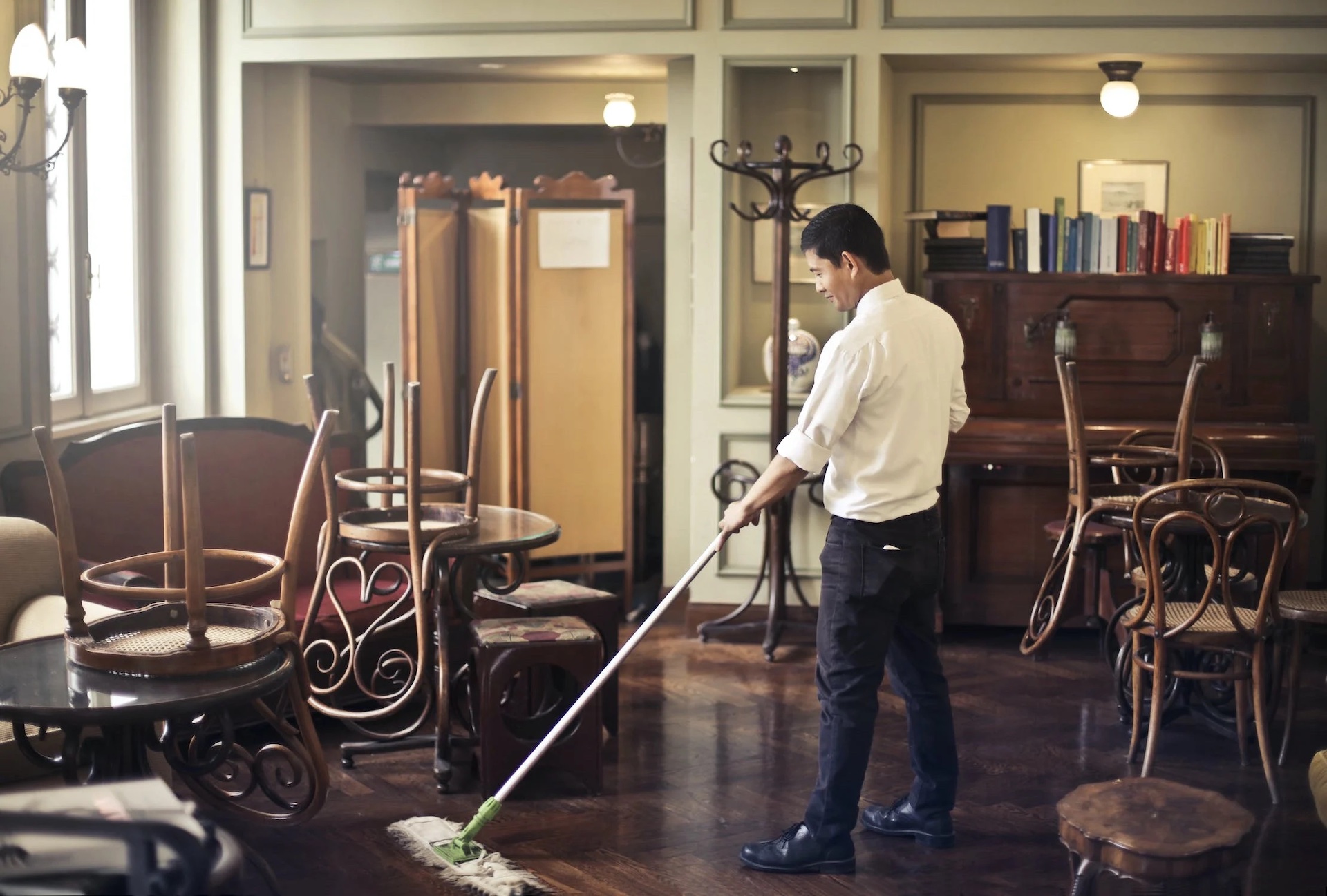After a three-year investigation by the federal department, the owners of a Las Vegas restaurant chain are paying back employees and have been fined $475,000.
However, the owners who allegedly did not pay the employees of Juan’s Flaming Fajitas & Cantina their correct wages are pushing back against the language used to describe their actions and want to try to explain their actions.
Unpaid Wages

The U.S. Department of Labor’s Wage and Hour Division District in Las Vegas released details of their investigation into the population of Mexican restaurants, revealing that 32 employees’ hours were not combined from working at multiple locations.
This resulted in unpaid overtime wages that have affected working hours, according to investigators.
What Is Nevada’s Minimum Wage Law?

In the state of Nevada, employees who earn less than $18 per hour and work over 40 hours a week must receive an overtime rate of 1.5 times the regular pay rate.
This law was put into place to protect workers from exploitation and establish a standard that all companies must follow, even if they are mom-and-pop shops.
The Right to Be Paid Fairly

“Our investigators found Juan’s Flaming Fajitas & Cantina deliberately withheld overtime pay earned by dozens of hard-working employees,” Gene Ramos, Las Vegas district director of the Wage and Hour Division, said.
“This case’s outcome highlights the importance of protecting workers’ rights, including their right to be paid fairly and fully, and reflects the types of violations we find far too often in food service industry investigations.”
Setting the Record Straight

Now, Juan Vazquez, the restaurant’s owner, wants to set the record straight. Vazquez told 8 New Now that his actions were not “deliberate,” saying that the error was an “honest mistake.”
“The report that came out today, they said that we ‘deliberately’ did not pay the overtime wages, which is not true,” Vazquez said. “This was an honest mistake.”
An Honest Mistake

Vazquez reported that he was working with the department’s inspector Yvonne Collado during their investigation to understand why the investigation was happening. Collado cited that employees reported that they were not paid their overtime wages.
The owner says that they corrected the error once Collado helped them uncover how the mistake was made.
Was It an Honest Mistake?

But not everyone agrees that Vazquez made an honest mistake. The US Department of Labor says the investigation proved that Vazquez’s actions were “deliberate,” (via 8 News Now).
“Investigators deemed these violations to be willful and because of it the agency assessed civil money penalties,” the spokesperson wrote. “This case was settled administratively. In other words, without a court judgment.”
Closing the “Loop Hole”

The investigation found that employees worked over 40 hours at multiple locations. However, because the three restaurants were registered under separate LLCs, employees received multiple paychecks instead of one paycheck reflecting the total hours worked.
If one employee was close to reaching 40 hours at one restaurant, management seemingly sent them to work at another location to avoid paying overtime wages.
Unaware of the Mistake

“If I would have known that in the government’s eyes, that our three restaurants, our three LLCs, are considered one enterprise, I would have paid at that time,” Vazquez said.
Vazquez continued: “Our payroll company never mentioned anything about combining anything together.”
Never Cheating Employees Out of Pay

The chain, which employs over 300 staff members, is a self-described “mom and pop shop” that doesn’t have a human resources division to handle payment inquiries. But Vazquez says that he wouldn’t cheat employees out of fair pay.
“What makes our restaurant go is our employees,” he said. “I will never cheat them out of anything that they’re owed by us.”
Fearing Something Worse

Vazquez says he was relieved that the investigators found and reported the issue causing discontent among his employees. He feared that the fine could have been much worse if he continued business as it was.
“Even after we found out what we did wrong, the next couple of payrolls, we took a hit, because we were paying a lot of overtime,” he said. “But that’s OK because we did this, we got to correct it.”
Doing the Right Thing

While Vazquez seems grateful that the investigation helped him find and address a problem within his restaurant’s business practice, it is unclear if the owner was deliberately trying to save some money by refusing to pay employees overtime wages.
But Vazquez says he hopes that doing the right thing will reflect in sales as customers and staff appreciate the correction he has made.








































